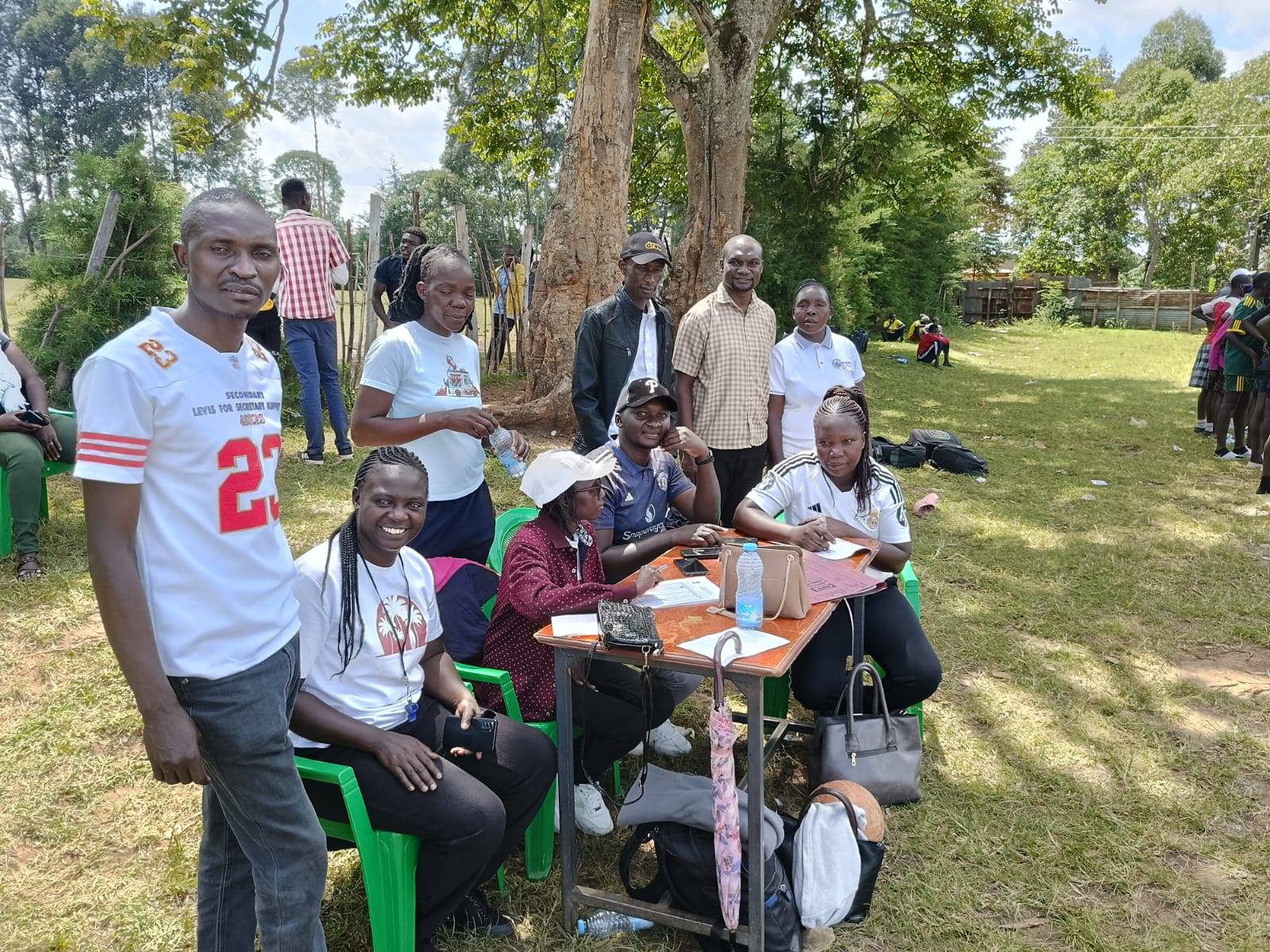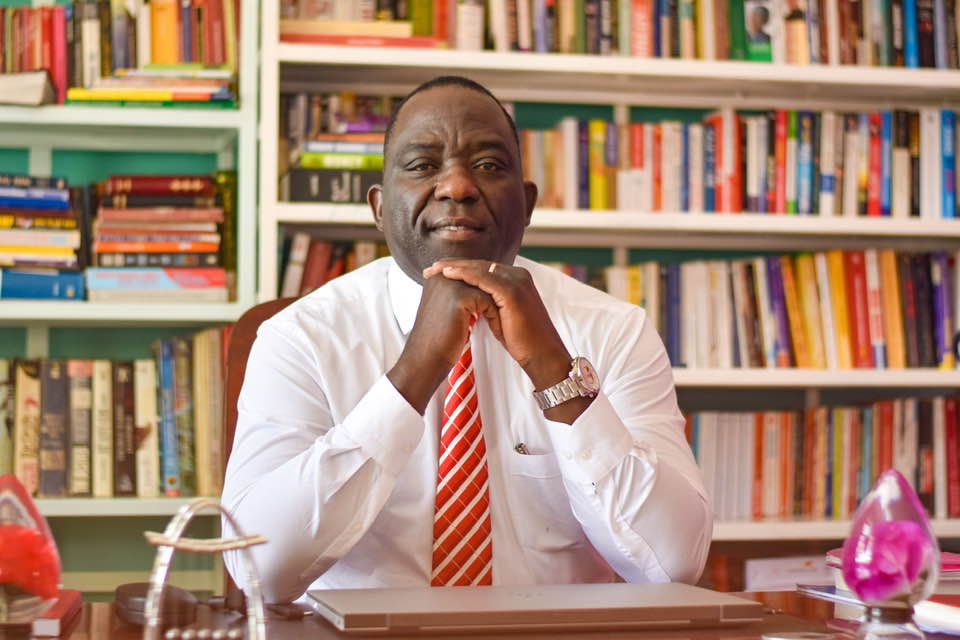When President William Ruto rose to speak at the centenary celebrations of the Pentecostal Assemblies of God (PAG) Kenya, his words echoed the spirit of a movement that began humbly under a tree in Nyang’ori in 1925. “Education, training, health, and moral leadership must remain the foundation of our national prosperity,” he declared, outlining the government’s commitment to expanding schools, vocational training centres, and health services. “But we must also recognise the role of faith. Pastors and spiritual leaders hold the moral compass of our nation, and in training them, we shape not just churches but communities.”
His message flowed naturally into the vision shared by PAG Kenya’s General Superintendent, Bishop Kennedy Adiara. “As government invests in infrastructure, we as the church must invest in the soul,” he reminded the gathering. “Education without values is incomplete; skills without integrity are dangerous. We must raise a generation that is both skilled and godly, both knowledgeable and compassionate.”
That exchange encapsulates what PAG has embodied for one hundred years: the integration of faith, education, and service. From its earliest days, PAG missionaries and local believers opened not just churches but schools, clinics, and training centres. Today, over 730 schools across the country stand as living testaments to that commitment. The barefoot boy Elijah, admitted to a PAG school in Hamisi in the 1950s, rose to become a senior education officer. Grace Akinyi, trained in tailoring at a vocational centre in Kisumu, turned her skills into a thriving business that employs dozens of young women. Such stories show how PAG’s vision has reshaped lives far beyond its pulpits.
The Pastors Training College in Nyang’ori remains a vital hub for equipping leaders. There, theology blends with practical ministry and community service, producing pastors who serve as shepherds, counsellors, and administrators alike. Many have guided districts, planted churches, and built schools, keeping PAG’s flame alive across Kenya’s 128 districts.
But PAG’s contribution stretches beyond education and theology. In times of famine and floods, its churches have been sanctuaries of relief and hope. In Kisumu, a blind girl who was once hidden from view was welcomed into a PAG programme and later excelled academically, proving that faith opens doors where stigma closes them. In Bungoma, young carpenters trained at a PAG vocational centre began by supplying a few desks to a local church school; today, they furnish classrooms across the county.
PAG has not shied away from shaping conscience either. In Kisii in the 1970s, a bishop’s rebuke of a politician inciting violence redirected him into peacebuilding. Such moral courage has enabled the church to remain a steady guardian of justice and integrity in Kenya’s public life.
READ ALSO:
Reflections on the altar of teaching as we mark this year’s World Teachers’ Day
As Prime Cabinet Secretary Hon. Musalia Mudavadi observed during the celebrations, “When you educate a child, you secure a future. When you heal the sick, you preserve a family. When you train a youth, you transform a generation. PAG has done all three with humility and grace.”
Another voice of gratitude came from COTU Secretary General, Francis Atwoli, who attended the celebrations to pay tribute to the church’s role in shaping Kenya’s social fabric. “As a trade unionist and as a Kenyan, I must appreciate the PAG church for standing with workers, widows, orphans, and the downtrodden,” he said. “This church has been a refuge in times of struggle, a voice of conscience in times of injustice, and a partner in community empowerment. For one hundred years, PAG has reminded us that development without dignity is meaningless, and progress without compassion is empty. On behalf of millions of workers across this country, I say: thank you.”
From its founding, missionaries like Rev. Otto Keller, as well as Kenyan visionaries such as Rev. Matia, Rev. Charles Gungu, and Rev. Shem Irangi, have always stood at the crossroads of faith and development. The baton of leadership was carried faithfully into modern times by Bishop Emeritus Dr Wycliffe Ganira, who oversaw a period of great institutional growth and modernisation. Reflecting on this centenary, he said: “Our founders gave us a strong foundation of prayer, humility, and service. My task was to prepare the church for the challenges of a new era—urbanisation, technology, and global interconnectedness—without losing our Pentecostal fire. Today, I am proud that PAG Kenya has remained both rooted and relevant.”
Similarly, Rev. Patrick Musungu Lihanda, who guided the church through a dynamic period of expansion, recalled the sacrifices of early believers. “They had little, but they gave much—time, faith, and courage. We built schools, hospitals, and churches brick by brick, prayer by prayer. If you see PAG’s strength today, it rests on the shoulders of men and women who believed that service to God must always translate into service to people.”
Today, under the leadership of Bishop Kennedy Adiara, PAG continues to carry the torch into a new century. With more than 4.6 million followers spread across thousands of congregations, and strong national subsidiaries such as the Valley Road PAG churches, its influence on Kenya’s spiritual and social fabric is undeniable.
Yet PAG Kenya’s story cannot be told in isolation. It is part of the wider global Pentecostal Assemblies of God family, which spans over 70 nations. From its founding by Canadian missionaries to present partnerships with churches in North America, Europe, and Africa, PAG Kenya has lived as both a beneficiary and a contributor in this international fellowship. Kenyan pastors trained in Nyang’ori and Nairobi have carried the Gospel to Uganda, Tanzania, Rwanda, South Sudan, and beyond, while international partners have supported Kenyan institutions, schools, and health programmes. This exchange has not only made PAG Kenya a national pillar but also a continental beacon of Pentecostal faith and community transformation.
In Hamisi, where PAG’s roots run deep, the church’s contributions intersect with local political leadership. The current Member of Parliament for Hamisi Constituency is Hon. Dr Charles Gumini Gimose, who oversees development efforts, infrastructure, and community welfare in this region.
From a handful of converts meeting under a tree to a movement with millions shaping values, livelihoods, and national conscience, the story of PAG Kenya is both a chronicle of faith and a chapter in Kenya’s nation-building journey. Grounded in the Word of God and committed to the service of humanity, PAG now steps into its second century with the torch burning even brighter—at home and on the global stage.
By Hillary Muhalya
Muhalya is District Education Director, Kipsaina
You can also follow our social media pages on Twitter: Education News KE and Facebook: Education News Newspaper for timely updates.
>>> Click here to stay up-to-date with trending regional stories
>>> Click here to read more informed opinions on the country’s education landscape
>>> Click here to stay ahead with the latest national news.






